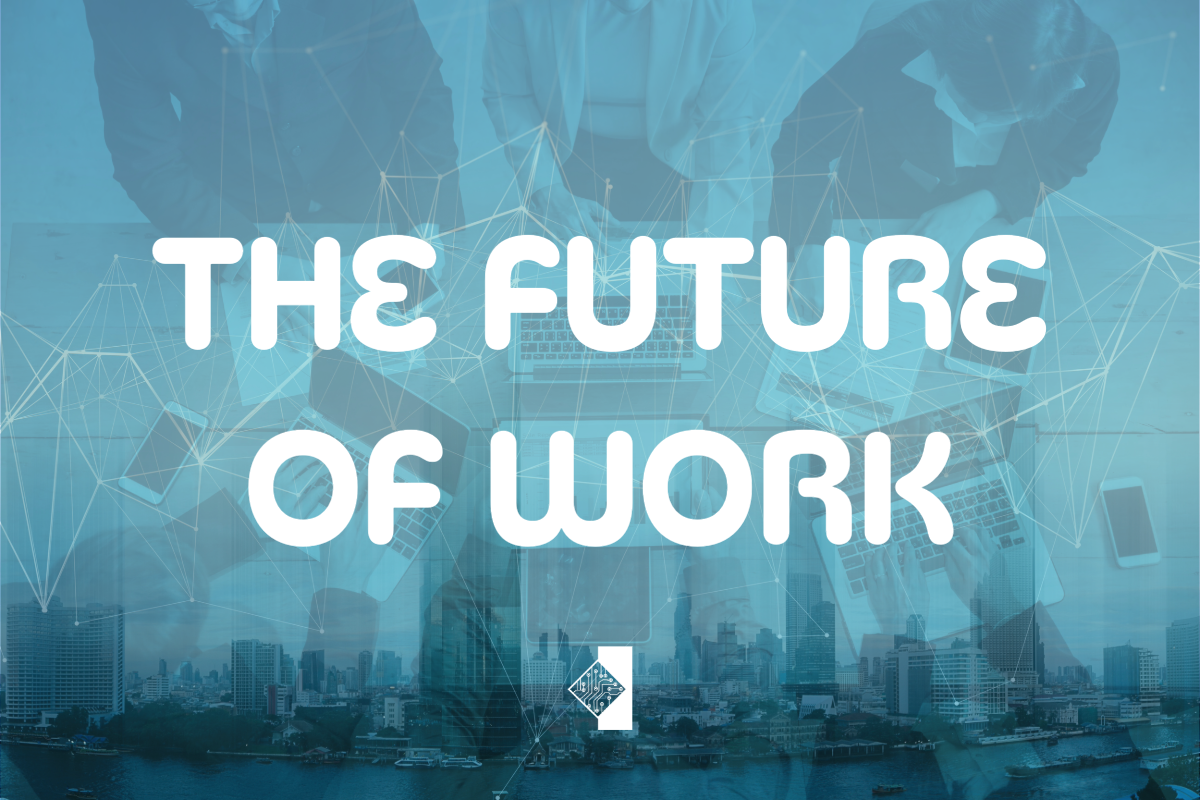Exploring Tomorrow's Work: Embracing Tech Evolution and Data-Centric Trends
By Becky Anzalone

Amid rapid technological evolution, the landscape of work is undergoing profound changes. Concepts like Digital Transformation, the Fourth Industrial Revolution (Industry 4.0), and the rise of a data-driven economy are reshaping industries, job roles, and the skills required for success. Let's delve into these trends and their implications for the future workforce.
Digital Transformation and Industry 4.0
Digital Transformation encapsulates the integration of digital technologies into all aspects of business operations, leading to fundamental changes in how organizations operate and deliver value. This transformation involves replacing manual or outdated processes with digital tools and technologies, enhancing efficiency, agility, and customer experiences.
Parallelly, Industry 4.0 heralds automation and smart technology adoption in manufacturing and industrial practices. This revolution encompasses advancements such as Internet of Things (IoT), artificial intelligence (AI), robotics, and 3D printing, enabling connected, automated, and data-driven production processes.
The Data Economy
The emergence of a data economy signifies a global ecosystem centered around data collection, organization, and exchange. Data has become a pivotal asset, fueling innovation, informed decision-making, and business strategies across industries. In this economy, value is derived from the analysis and utilization of vast datasets, enabling personalized services, predictive analytics, and optimized operations.
Impacts on Employment and Skills
As these technological shifts unfold, they significantly impact employment trends and skill requirements. The World Economic Forum predicts the creation of 97 million new jobs within the Data and AI Economy alone. However, this surge in job opportunities necessitates a corresponding evolution in workforce competencies.
Reskilling and Upskilling
To prepare for the future of work, reskilling and upskilling have become imperative. By 2025, the World Economic Forum estimates that half of the global workforce will require reskilling due to evolving job demands. Reskilling involves acquiring new skills to transition into different roles, while upskilling focuses on enhancing existing skills to meet evolving job requirements.
Moreover, new skilling anticipates the acquisition of skills aligned with emerging job roles, ensuring readiness for future market demands. Forward-looking organizations are embracing these strategies to cultivate a skilled workforce capable of leveraging emerging technologies effectively.
Certification and Skills Validation
In this transformative landscape, validating skills through certifications plays a crucial role. Certified professionals exhibit greater confidence and competence in their roles, bolstering organizational performance and reliability. Validation of skills ensures consistent execution of tasks and enhances the credibility of individuals within the digital workforce.
The future of work is intricately intertwined with digital innovation, automation, and data-driven decision-making. Embracing these trends requires proactive measures such as reskilling, upskilling, and continuous learning. By preparing individuals with the right competencies and validating their skills through certifications, organizations can navigate the evolving landscape with confidence, leveraging technology to drive sustainable growth and innovation in the digital era.
Want to dive into this topic even more with an expert? Join our
Navigating the Future of Work with Emerging Technologies webinar on June 11th!
Click below to register:

Sign Up for our Newsletter for more!